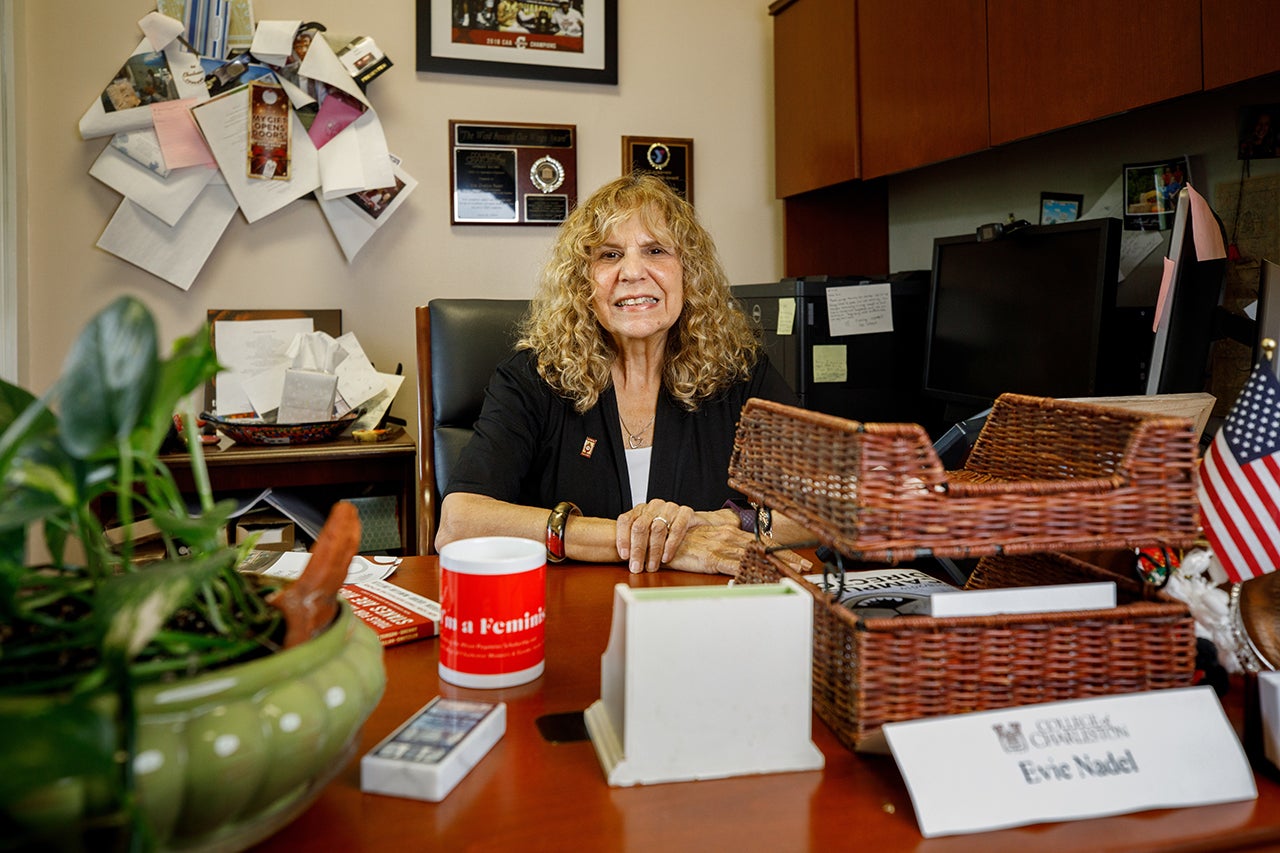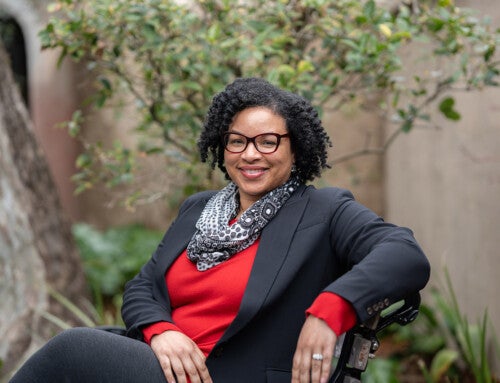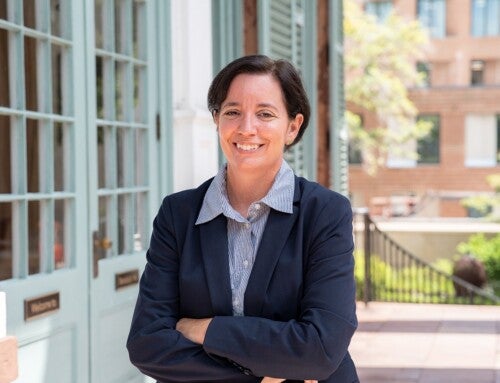Sometimes it helps to just vent. When something is troubling you, most therapists will tell you to talk to a friend, family member or counselor. But where do you go and who do you talk to when you are at work? You need someone fair, confidential and objective. So who is that person and how can you find them?
The campus ombudsperson is who you’re looking for.
As an advocate for fairness, the ombudsperson acts as a source of information and referral, responds to questions presented by individuals and provides assistance in the resolution of concerns, problems and informal complaints. Evie Nadel is the ombudsperson for the College of Charleston. Nadel has worked in various roles at the College for 17 years and says in her current role, she “provides a safe place for any member of the community.”
RELATED: Read about recent updates to Nadel’s role as College of Charleston ombudsperson.
The ombudsperson’s office has been especially busy in the past year helping faculty, students and staff with pandemic-related challenges. We caught up with Nadel to learn more about what the ombudsperson does and how employees can benefit from these services.
What are the ombudsperson’s four main responsibilities?
- Provide a safe and welcoming environment to speak freely about a situation
- Discuss and assist each individual in choosing the available and appropriate options
- Maintain neutrality and confidentiality
- Refer the visitor to the proper authority to resolve the situation if necessary
What is the most important role of the ombuds?
The primary role is to listen. The ombudsperson is an impartial source of advice, education and consultation regarding policies, processes and procedures for all members of the College community. The most important role of this position is to empower people to advocate for themselves.
What are some examples of issues brought to the ombudsperson’s office?
No issue is a waste of time. People come to the office with a variety of different issues, including:
- Miscommunication in their environments
- Perceived ethical dilemmas
- Perceived unfair treatment or bullying
- Interpersonal, intercultural and group conflicts
What kinds of results can they expect from a visit to the office?
The results are dependent upon what the individual is looking for. Often people are looking for a confidential listener, sometimes they want information on processes and policies. The goal is for people to leave feeling empowered to help themselves, or for them to leave with knowledge about the next steps.
Whom does the ombudsperson report to?
This office reports to the President’s Office for administrative concerns such as having a safe and accessible place to work. The office does not share details or names, but does provide the president with a report of how many faculty, staff and students visit the office so he knows how often the service is utilized.
What is the correct terminology: ombudsperson, ombudsman or ombuds?
There are a number of different titles or names for this position: ombudsman, ombudsperson and ombuds, among others. The professional organization Nadel belongs to the International Ombudsman Association (IOA), who just voted to have ombuds replace ombudsman. The name ombudsman (om budz man) comes from Swedish and literally means “representative.” At the most fundamental level, an ombudsman is one who assists individuals and groups in the resolution of conflicts or concerns. Ombudsmen work in all types of organizations, including government agencies, colleges and universities, corporations, hospitals and other medical facilities, and news organizations.
How do I contact the ombuds office?
Office of the Ombudsperson
Evie Nadel
Randolph Hall, Room 305B
Phone: 843.953.2235
Email: [email protected]




